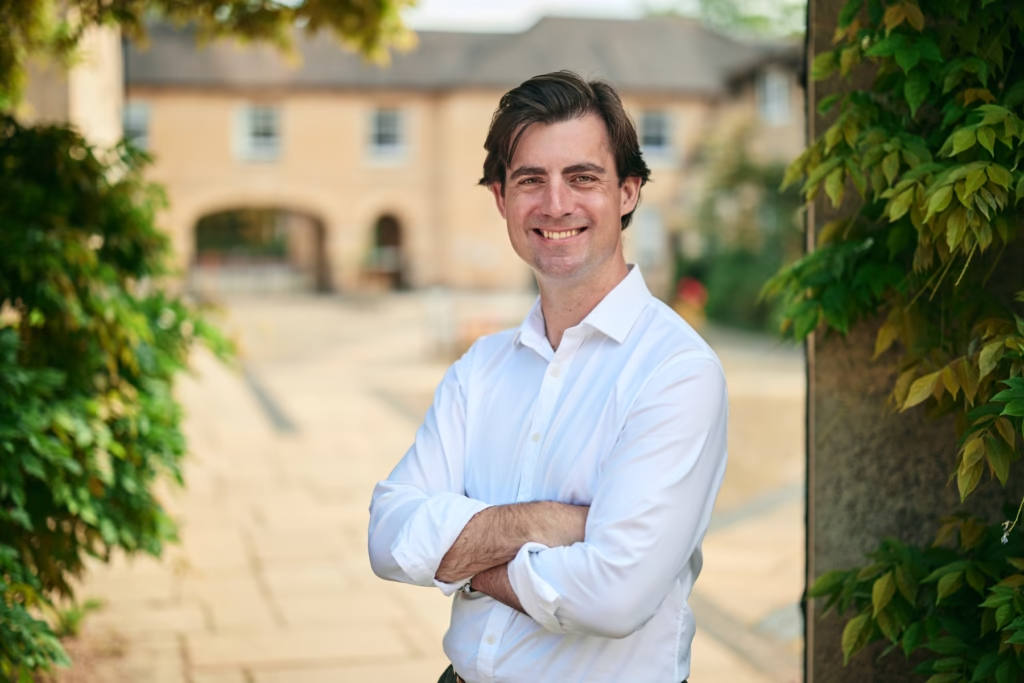I know first-hand how complex life with ADHD or autism can feel — and I’m here to help you navigate it with clarity and self-understanding.
For much of my life, I struggled to understand why certain things felt so much harder for me than they seemed for others. I tried, and often failed, at many different paths, not because I lacked ability, but because I couldn’t seem to make things fit. While I’ve had some real successes in my life – building a business that I love and studying for a DPhil at the University of Oxford – I’ve also experienced a lot of failures. I dropped out of university twice, attempted numerous careers that didn’t work out, and left jobs because I was overwhelmed or burnt out. At the time, I thought I just needed to try harder, be more disciplined, or figure out how to be “normal”.
Looking back, I can see that I was constantly battling the challenges that come with neurodivergent traits – difficulty with structure, poor self-esteem, motivation that fluctuated wildly, and a brain that never quite fitted into the environments I found myself in. It wasn’t until much later that I started to make sense of it all.
When I began working with students who had autism and ADHD, I saw myself in their struggles – the frustration, the cycles of self-doubt, and the exhaustion of trying desperately hard to function in the world. More than that, I saw how the right support can make a profound difference. Coaching isn’t about “fixing” you: it’s about finding strategies that work for you, developing self-understanding, and learning to navigate life in a way that aligns with what you want and value, rather than fighting against yourself.
This work is deeply personal to me. I know what it’s like to feel lost, to wonder if you’ll ever get things right. And I know that real, meaningful change is possible – not by trying to be someone else, but by figuring out how to work with who you fundamentally are.
“Ben has given me confidence and guidance to be happy with where I am in life and to cope with, and more importantly accept, whatever I come up against. He approaches our sessions with patience, intellect and knowledge, and a well-judged balance of sensitivity and humour. Whatever I need that day, he is always there and willing to help. I always feel safe with Ben and I look forward to our sessions as a supportive rock in my life.”
Z. H.

Why Do I Coach?
By chance, while working on my doctorate, I found my way into mentoring university students with autism and ADHD. For the first time, I was connecting with people who saw the world the way I did – the worry and insecurity, perfectionism and fear, the constant effort to manage social situations, the feeling of being an outsider.
I have worked with clients in hugely diverse situations – from applied physicists, academics, students, and shop workers to an international orchestral violinist. Each one of them has had, however, a sense of being in some way stuck in their present situation. By working together, it has been possible to achieve real and lasting change that persists long after coaching has finished. The feeling of seeing clients overcome their fears and self-doubt is what motivates me every day.
Background & Training
My work is informed by academic study, continuing professional development, professional coaching practice, and extensive experience supporting neurodivergent adults in higher education and beyond.
I hold a BA (Hons) from the Open University in Law, Philosophy and Political Theory, and an MA with Distinction from the University of Exeter in Political Thought. I am currently completing a DPhil in the Faculty of Law at the University of Oxford.
Alongside academic work, I have undertaken specialist professional training in coaching and neurodiversity, including a Certificate in Advanced Coaching from the Department for Continuing Education at the University of Oxford, and certification from the National Autistic Society in Autism in Higher Education for Non-Medical Helper (NMH) workers.
I am also an approved DSA NMH Specialist Mentor, and have worked closely with neurodivergent students and adults, supporting issues such as overwhelm, executive functioning, self-understanding, and confidence.
Professional Practice & Ethics
My coaching practice is informed by training in GDPR principles, and Ad Lucem is registered with the Information Commissioner’s Office (ICO). Client information is handled with care and confidentiality, in line with UK data protection requirements. I hold an Enhanced DBS Certificate in respect of work with vulnerable people.
I am committed to ongoing professional development, reflective practice, and working in ways that are ethical, respectful, and responsive to individual needs.